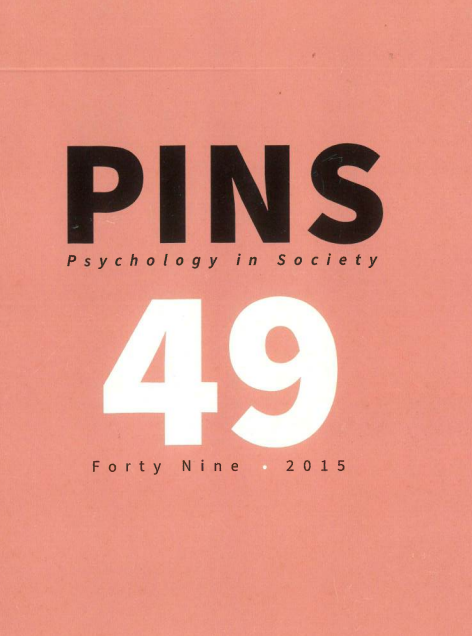An exploratory critique of the notion of social cohesion in contemporary South Africa
DOI:
https://doi.org/10.17159/2309-8708/2015/n49a8Keywords:
Social cohesion, ubuntu, South Africa, post-apartheid society, xenophobiaAbstract
This article seeks to situate the increasing salience of social cohesion in the context of the transition from apartheid to a post-apartheid society. It first part of the article focusses on the changing political and economic landscape post 1990. It pays particular attention to the role of Nelson Mandela as a symbol of national unity. While the fact that the African National Congress (ANC) government’s economic policies under his leadership failed to have a fundamental impact on levels of poverty and inequality, Mandela’s stature and ability to reach out to different constituencies created the conditions for him to be seen as a great unifier. His successors Thabo Mbeki and Jacob Zuma have also not had much success at the level of alleviating high levels of poverty and inequality while also not enjoying the same iconic status of Mandela. Starting in the Mbeki era but gaining momentum under the Zuma Presidency, the country has witnessed rising levels of community and labour unrest. In this context, the article argues that notions like social cohesion and ubuntu have assumed increasing importance as ways to stitch together a fracturing society. The latter part of the article argues that, with high levels of poverty and inequality, commodification of basic services and mounting social protests, it is difficult to deploy ideas like social cohesion, especially when new militant political subjectivities are challenging the hegemony of the ANC.
Downloads
Downloads
Published
How to Cite
Issue
Section
License
This journal is an open access journal, and the authors' and journal should be properly acknowledged, when works are cited.
Authors may use the publishers version for teaching purposes, in books, theses, dissertations, conferences and conference papers.
A copy of the authors’ publishers version may also be hosted on the following websites:
- Non-commercial personal homepage or blog.
- Institutional webpage.
- Authors Institutional Repository.
The following notice should accompany such a posting on the website: “This is an electronic version of an article published in PINS, Volume XXX, number XXX, pages XXX–XXX”, DOI. Authors should also supply a hyperlink to the original paper or indicate where the original paper (http://www.journals.ac.za/index.php/pins) may be found.
Authors publishers version, affiliated with the Stellenbosch University will be automatically deposited in the University’s’ Institutional Repository SUNScholar.
Articles as a whole, may not be re-published with another journal.
The copyright of the article(s) lies with the author(s).
The copyright of the journal lies with PINS-psychology in Society.
The following license applies:
Attribution CC BY-NC-ND 4.0 - https://creativecommons.org/licenses/by-nc-nd/4.0/

